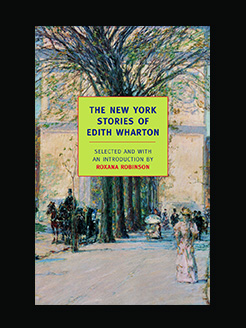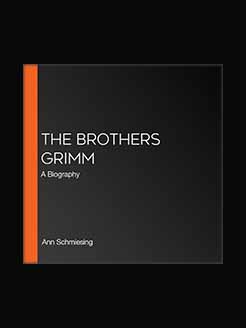Published in 2023 (first published 701)
846 pages
20 hours and 23 minutes
Emily Wilson is a professor of classical studies at the University of Pennsylvania. She has been named a Fellow of the American Academy in Rome in Renaissance and early modern scholarship, a MacArthur Fellow, and a Guggenheim Fellow. In addition to Homer’s Iliad and Odyssey, she has also published translations of Sophocles, Euripides, and Seneca. She lives in Philadelphia.
In the Western classical tradition, Homer (Greek: Ὅμηρος) is considered the author of The Iliad and The Odyssey, and is revered as the greatest of ancient Greek epic poets. These epics lie at the beginning of the Western canon of literature, and have had an enormous influence on the history of literature.
When he lived is unknown. Herodotus estimates that Homer lived 400 years before his own time, which would place him at around 850 BCE, while other ancient sources claim that he lived much nearer to the supposed time of the Trojan War, in the early 12th century BCE. Most modern researchers place Homer in the 7th or 8th centuries BCE.
The formative influence of the Homeric epics in shaping Greek culture was widely recognized, and Homer was described as the teacher of Greece. Homer’s works, which are about fifty percent speeches, provided models in persuasive speaking and writing that were emulated throughout the ancient and medieval Greek worlds. Fragments of Homer account for nearly half of all identifiable Greek literary papyrus finds.
What is this book about?
When Emily Wilson’s translation of The Odyssey appeared in 2017―rendering the ancient poem in contemporary language that was “fresh, unpretentious and lean” (Madeline Miller, Washington Post)―critics lauded it as “a revelation” (Susan Chira, New York Times) and “a cultural landmark” (Charlotte Higgins, Guardian) that would forever change how Homer is read in English. Now Wilson has returned with an equally revelatory translation of Homer’s other great epic―the most revered war poem of all time.
Brought to life in vivid audio form, this crisp verse translation of The Iliad roars with the clamor of arms, the bellowing boasts of victors, the fury and grief of loss, and the anguished cries of dying men. It sings, too, of the sublime magnitude of the world―the fierce beauty of nature and deities’ grand schemes beyond the ken of mortals.
Wilson’s musical iambic pentameter verse is brought to life in the evocative voice of narrator and Broadway legend Audra McDonald. In her thrilling reading, this magical and often horrifying tale gallops at a pace befitting its legendary battle scenes. The culmination of a decade of intense engagement with antiquity’s most surpassingly beautiful and emotionally complex poetry, Wilson’s Iliad now gives us a complete Homer for our generation.







